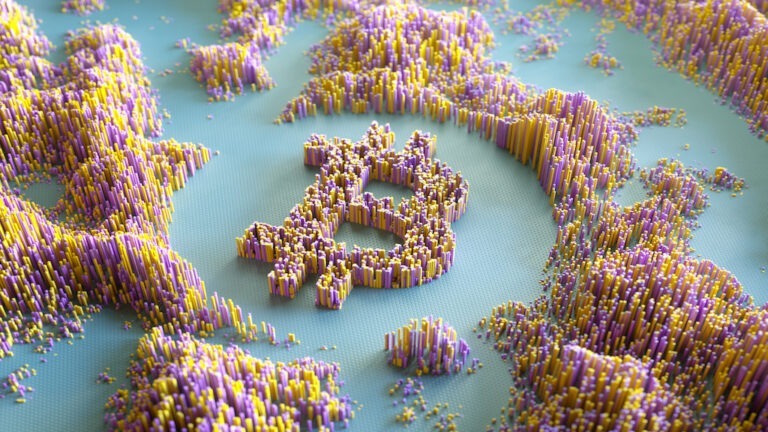7 Things I Gained by Leaving Facebook

I recently decided to take a hiatus from Facebook. I realized I was addicted, and the information overload started to overwhelm me. When my friends ask me why I deactivated my Facebook account, I smile and say that I needed a break from being continuously inundated with status updates.
A few months earlier when the idea first cropped up to deactivate my account, I resisted it for fear of being left out. I thought I’d miss out on important information; now I realize I could do without it completely. I decided to take more control of what I see or read.
Instead of being flooded with unwanted information, I now filter what I read. I only read columns in the newspaper on topics which I need for my teaching, like economics and finance.
Here are the seven things I gained from breaking free from the grips of Facebook:
- I spend more meaningful time with my family and friends instead of constantly checking updates.
- I get to do the things I’ve always put off because I “didn’t have time.” The time I used scrolling through Facebook is now better used for things I enjoy doing like writing, meditation and yoga.
- I feel calmer, more centered and peaceful. The information overload was affecting me at a subconscious level.
- I have control over my time now. As a result, I feel more empowered, energized and responsible. Every moment counts.
- When I find myself with nothing to do, I sit in silence and take a moment for contemplative reflection. This gives me a fresh perspective.
- I’m more mindful. Breaking free from a digital addiction made me more aware of my mindless actions that don’t serve any real purpose. Every time the urge of checking Facebook arises, I simply watch the thought and let it go. On a few occasions, I’ve given in to that urge and the feeling isn’t great. I know the power is within me to make a lasting change that will aid me in living the life I want to live.
- I experienced a sense of liberation. It’s as if the dark clouds lifted and the mental noise went silent. I dance and laugh more now. I get to stop and marvel at nature’s work. I started noticing the beauty around me instead of looking down at my phone. Inspiration comes to me in ways I’ve never imagined.
How Cryptocurrencies Like Bitcoin Can Democratize Money and Society

As cryptocurrencies like Bitcoin break new records seemingly every day, could this lead to a financial and cultural revolution? Or are we not quite there yet?
Cryptocurrencies have recently gained popularity as an alternative to conventional monetary systems. Blockchain is a system in which a record of transactions made in Bitcoin and other cryptocurrencies are maintained across multiple computers that are linked in a peer-to-peer network. Cryptocurrency has no centralized bank controlling the flow of money, but rather a decentralized system controlled by algorithms.
Crypto has been hailed as a way to democratize finances for all, not just wealthy elites. But with the rise in popularity, what are the potential pitfalls of these online currencies?
“Blockchain is a way of digitally marking the development and moving around of this money—you’re making sure that it can’t be counterfeited. They do it in such a way that it’s anonymous and decentralized, but secure,” Zeus Yiamouyiannis, author of Transforming Economy, said.
“The current monetary system can be manipulated; the supply can be manipulated to benefit very few people over the many. As we’ve been seeing over the past few decades, the same pattern keeps emerging and it’s growing, and that is greater and greater gambling by the big boys, to the point where they inherently fail through their greed. And guess who bails them out 100 percent of the time? The little guy who had absolutely nothing to do with it,” Yiamouyiannis said.






